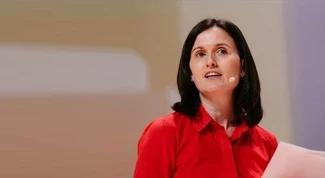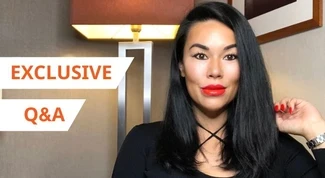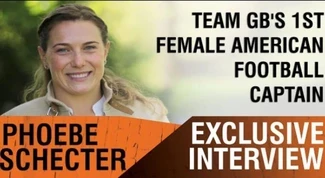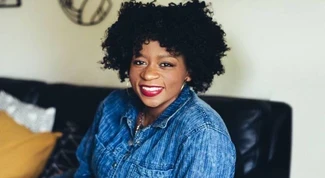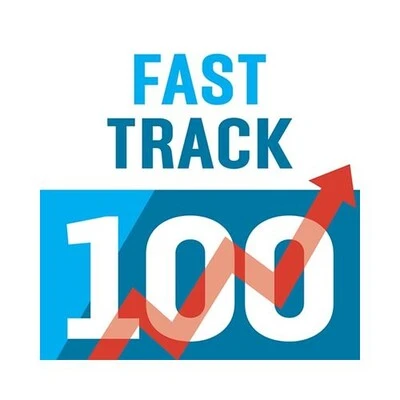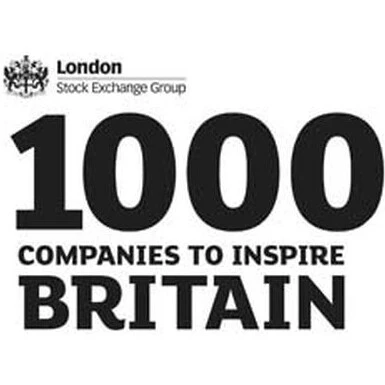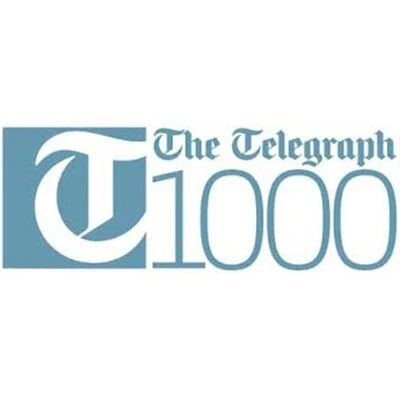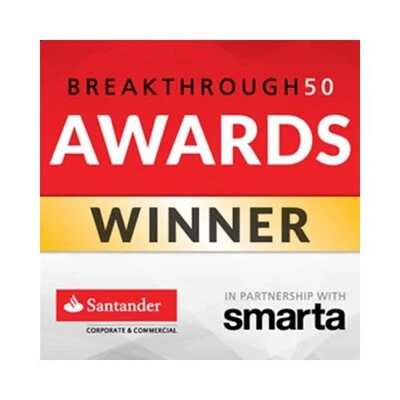Hollie Arnold is one of the UK’s most exciting athletes and speakers, whose story to success as a javelin thrower is guaranteed to capture her audience’s attention.
Born without a forearm, Hollie persevered to achieve unrivalled success in four short years. She is a Paralympic, European, Commonwealth and World champion, winning Gold in the Rio Games 2016 with a record-breaking throw.
In this exclusive interview, Hollie discusses what diversity and inclusion mean to her, as well as what she does to stay calm under pressure and why she chose to go on the hit TV show, ‘I’m a Celebrity… Get Me Out of Here’.
Q: What specific physical & mental skills are necessary to thrive as a javelin thrower?
“I think for me, what's really worked is dedication. I have had lots of coaches in the past and previously not got on with them particularly well. I never felt like I had a voice or an opinion. So, my coach now, we work great as a team, and I just feel comfortable. You know, I feel like I've learned so much.
“But a lot of it is a mentality for me: to be able to train for that long and that hard. So, it is a mixture of things. But I would say the mental state is probably one of the key things. Everyone has ups and downs, no one’s perfect; it's okay to accept that we have bad days, bad days in life and bad days in sport. Training doesn't go well all the time, as long as it goes well in competitions then that is fine. So, a multitude of things, I would say.”
Q: You were the youngest ever field athlete to compete, aged just 14. What is your secret to staying calm under pressure?
“So, it is all about mindset, because not a lot of people know this about competitions, but you're sat in a tent with all of your competitors. Just like that, face to face. It's quite intimidating sometimes. And most of them I know because I’ve competed with them for years. But it's the funniest thing, so many people have said it on Channel 4, ‘Hollie looks as cool as a cucumber’. No, I’m not, I’m not cool at all!
“It’s really hard to say how I cope because everybody copes differently. But I just feel that I've got an amazing team by me. Put it this way, my body never feels good. There's always something wrong with it. So, I know on the day it’s never going to be perfect. But if I remember the few points that we've been working on, that's all I need to do.
“And literally, my coach always gives me two or three things to work on, not even that. Don't overcomplicate things. Go out there, do what you do – that’s what we do in training. We sometimes do trial runs. So maybe sit on the bench, for about 45 minutes, and I’m pretending we’re going to the Paralympics. You must do these things and you have to visualise.
“I think it’s all about yourself; it’s all about how you feel on the day. Nobody else can throw the javelin for you. So, it's about yourself and how you preserve yourself and set yourself up. And pretty much most of the competitions, it has gone well. As soon as I step out there, I've got the things I need to do.”
Q: What do diversity & inclusion mean to you and why are they important?
“Diversity and inclusion are massive. You know, I think we've come a long way; people acknowledge that the Paralympics are incredible. The people who compete are incredible. What they have to do day in, day out to get there. They love the energy we bring. They love the hard work, the sweat, the blood, the tears.
“I just think that we are all athletes, and we are equal. I have so many people come up to me, saying, ‘the Paralympics is better.’ Sometimes, they say, ‘it's like you try harder.’ It's not about trying harder. It's just about overcoming and adapting in certain ways. I'm lucky with my disability, I was born with it; I have learned to adapt and overcome. I'm so lucky to be in my position where a lot of disabilities are a lot worse.
“We need to see more people. We need to see more models. We need to see more athletes on the TV. We need to see more people being represented, as in TV programmes, because kids and adults need to see disabled people.
“And it should just become the norm. It shouldn't be about ticking a box. It should just be because that person is a good actor, that's why they've got the part. And I feel like we're getting there – we are slowly getting there – but there’s a big gap to make and fill. But, you know, we're working on it. And hopefully, we are given more chances to have more TV opportunities like that.”
Q: Why did you decide to go on ‘I’m a Celebrity’ & what did you learn from the experience?
“I have always pushed things back. I've been asked a lot to go on TV, which could have created more exposure for me. But at the time, it was all about ‘no, I can't because of training. Train, train, train and training’. And I thought to myself, obviously, lockdown happened last year, I struggled very much. I was mentally not in a very good place. And I know a lot of people struggled too, so for me, it was ‘let's think about this’.
“‘How long and how far do I want to go? Do I want to do Tokyo?’ I don't know how far, but I certainly won't be retiring after Tokyo. So I thought ‘what about the other opportunities? There might be opportunities for media or TV shows’. And when this came along, I couldn’t even believe I was asked to go on something like that.
“Unfortunately, I don't think it was shown enough on TV, but I was myself 100%. I sang in there, which is something I do but not really in front of strangers. And again, it was going to go on TV, not that I knew that it was going to go on TV. But I found myself thinking and realising that I have more resilience than I ever thought.
“I am a lot stronger than I ever thought because when we had a conversation with Beverly about depression and what she suffered with, my mum did too. That was in 2013 and we had a tough year. It was very tough. My mum and dad were not there to watch me win my first ever Gold medal. So, it was tough. And it was so incredible to talk to somebody and be so open and honest about something that had taken me years to talk about it, without getting upset.
“So, I just felt refreshed. I know it sounds really silly, but I never knew that TV could do that to me. I came out of that jungle, and I just felt happy. I felt like I achieved something that wasn't athletics. People sent me messages, saying ‘you're amazing. You got out there and you just got stuck in. You didn't let anything define you.’ I came out of there and thought ‘I’m ready to take on the world again.’”
Q: What would you say is the biggest highlight of your career?
“There’s two. There is obviously the Rio Paralympics because it was the first Paralympic title that I ever got. And it took me a long, long time to get where I wanted to be. And it was not only about taking that gold model home but to break the world record for the first time. It was an incredible feeling.
“To have my mum, dad, my boyfriend, his mum and my brother all watching me at that moment, just seeing all the sacrifice that I’d made and that they'd made. To see that moment of me crying – because I think I broke the World Record two or three times in the entire six throws – so the second throw of my throws, I broke the world record, and I literally was crying.
"And I thought ‘I need to calm down, you have more throws. You haven't won this yet. You need to keep going’. It was my way of giving back what they’d sacrificed for me.”
Book Hollie Arnold
Contact Champions Speakers to provisionally enquire about Hollie Arnold, or any of our other Paralympic speakers, for your event today.
Simply call a booking agent on 0207 1010 553 or email us at [email protected] for more information.
